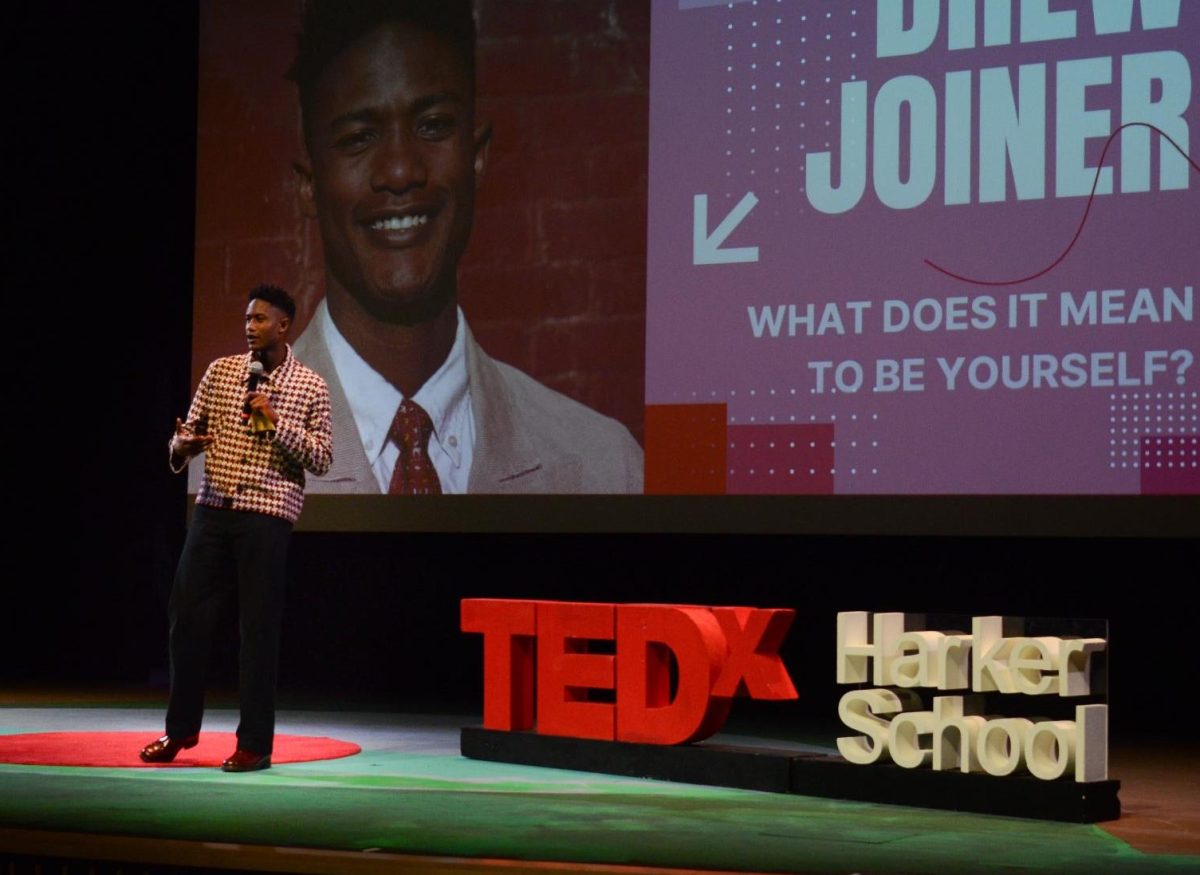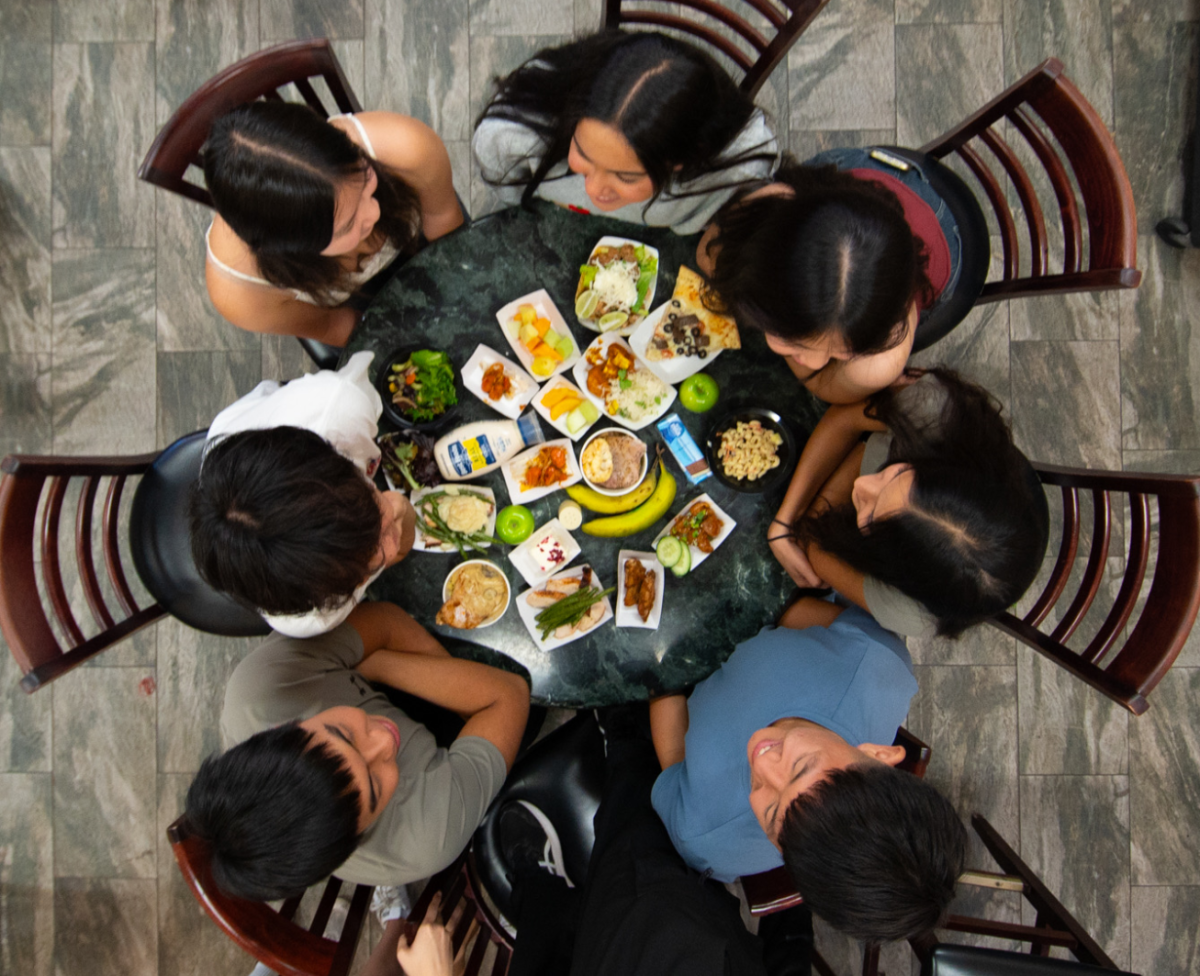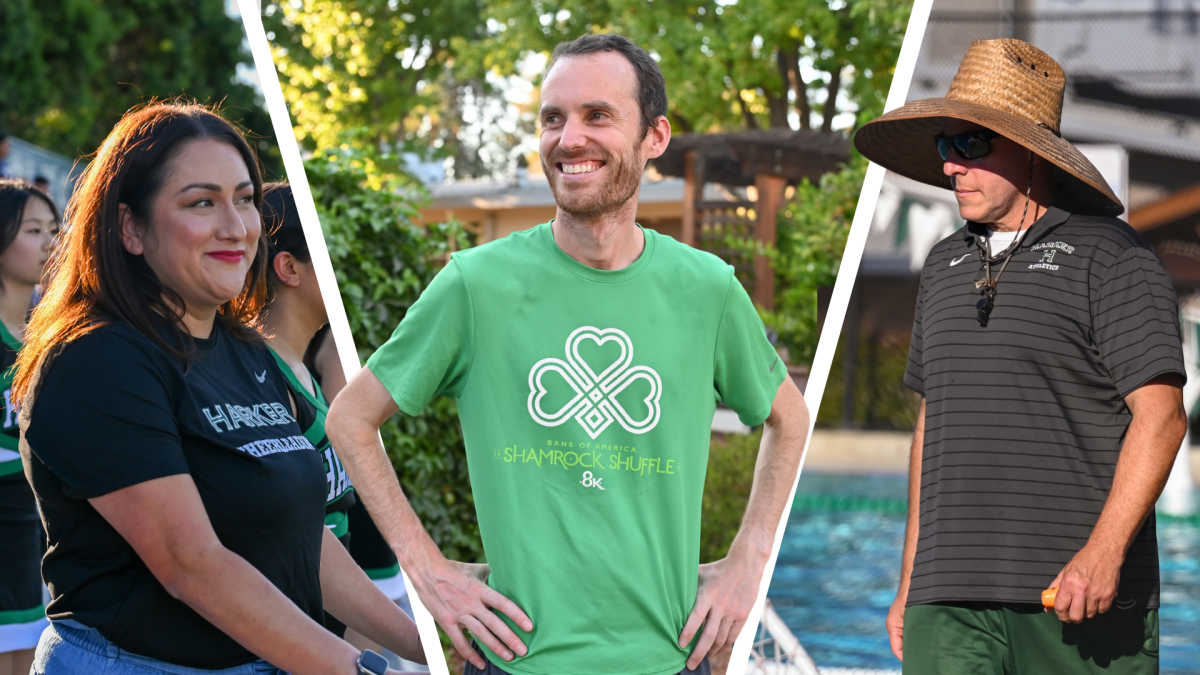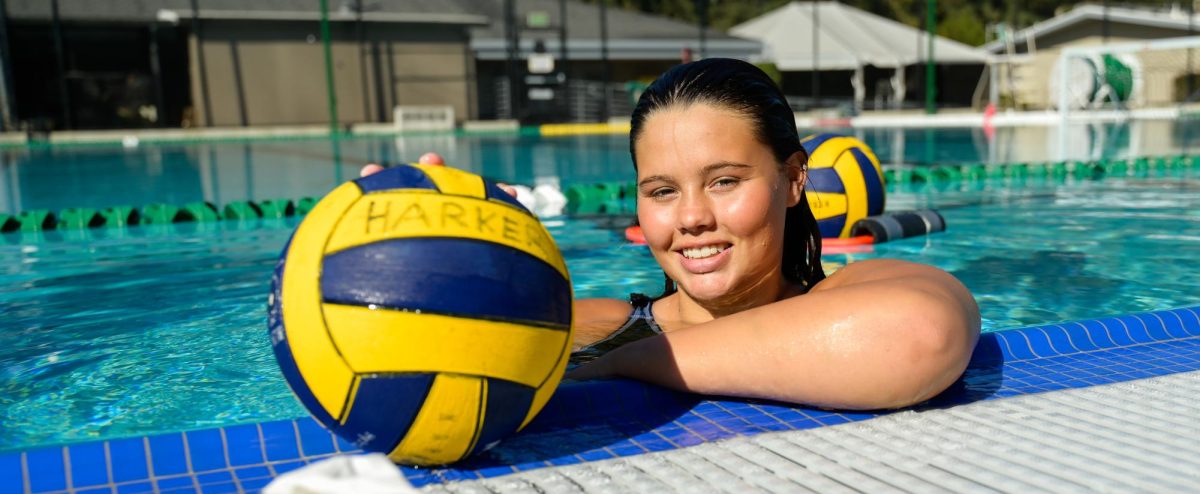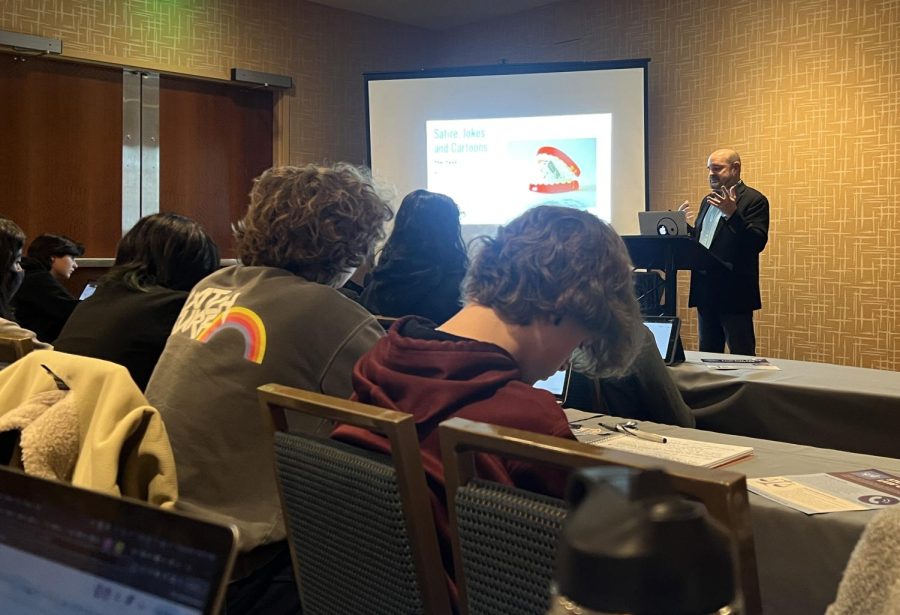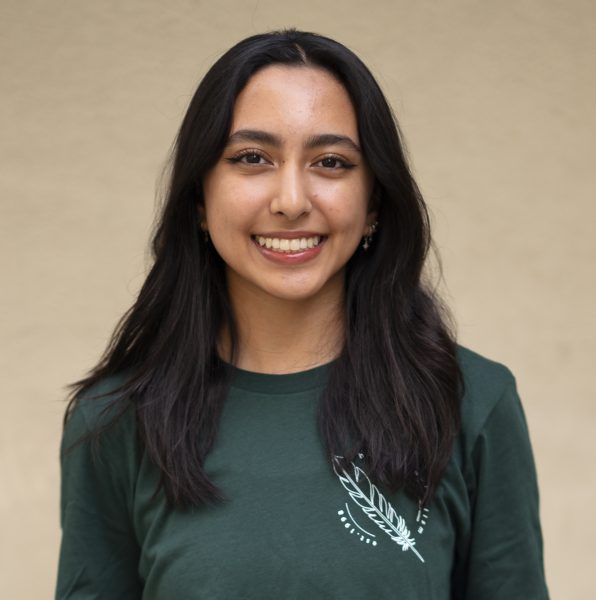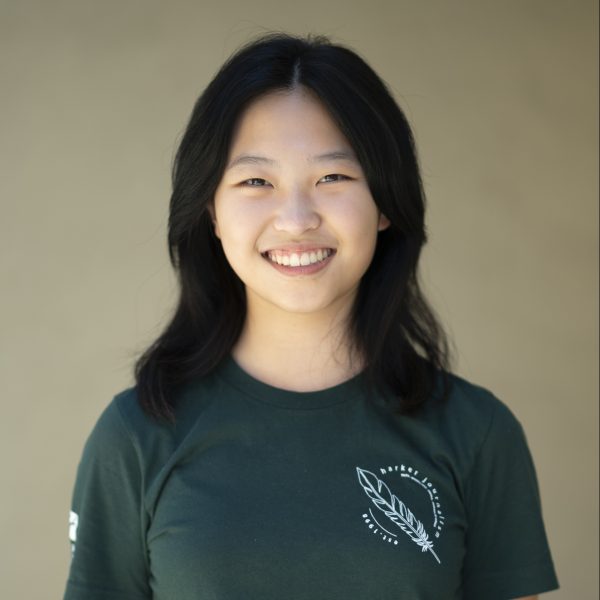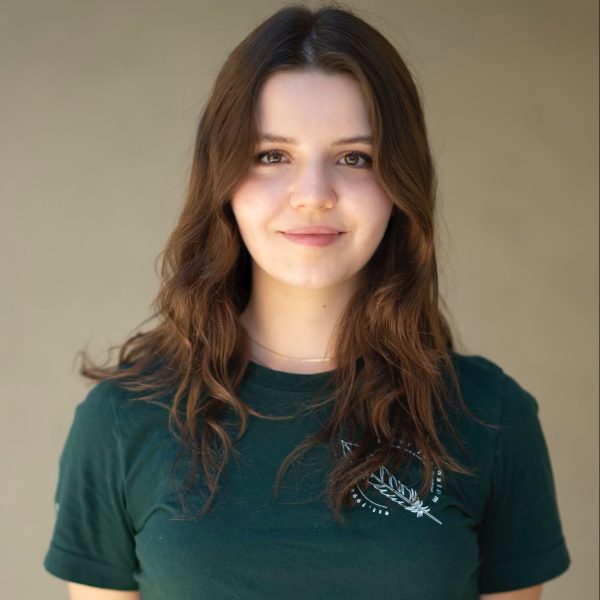“Know your rights:” High school journalists discover student press law with legal experts at JEA convention
SPLC Senior Legal Consultant Mike Hiestand presents on libel law as student journalists take notes. Many students stayed engaged throughout the presentations by asking follow-up questions and writing down important takeaways.
April 21, 2023
SAN FRANCISCO — Student Press Law Center (SPLC) legal experts spoke about high school journalists’ press freedoms to around 30 pre-convention workshop attendees at the Spring JEA/NSPA National High School Journalism Convention on Thursday from 8:30 a.m. to noon.
SPLC Senior Legal Consultant Mike Hiestand and Staff Attorney Jonathan Gaston-Falk presented the workshop “Law of the Student Press,” covering censorship, copyright and libel.
“[I attended this workshop because] I want to be an attorney someday,” workshop attendee Theo Evans, a sophomore at Dos Pueblos High School, said. “Currently, in our publication, there’s [only] one person who knows a lot about press law, and he’s a senior [who is] leaving. So I figured, if I’m going to join the publication again next year, I would like to learn about press law so that I can help more.”
Opening the presentation, Hiestand led attendees through the history of censorship in high school publications with the Supreme Court cases Tinker v. Des Moines Independent Community School District and Hazelwood School District v. Kuhlmeier as well as legal limitations on censorship. According to Hiestand, these monumental cases grappled with the First Amendment, which all Harker journalism staff members memorize in their first year on staff.
Throughout his lecture, Hiestand described the specifics of each court case, as well as how censorship rules in school settings regressed after the Hazelwood v. Kuhlmeier case ruling. He concluded the segment with advice on what students should do if their publications face censorship and encouraged them to cover all newsworthy stories, regardless of actions taken to conceal a piece based on content.
“They talked about specific cases, how you can avoid running into some dangerous situations [with censorship] and how you can improve yourself as a journalist,” Aquila Co-Features Editor Vika Gautham (10) said. “Also, how you can get good quotes and report on controversial topics in a way that you can help your community understand.”
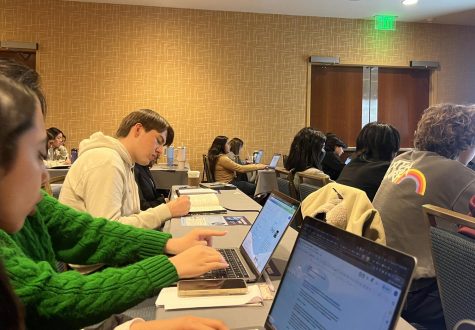
Gaston-Falk’s presentation on copyright repeatedly inspired questions from audience members, including Theo. In his lecture, Gaston-Falk named the requirements for copyright as originality, minimal creativity, fixation and expression, and he frequently quizzed workshop attendants on whether or not a work could be copyrighted. While answering questions, he discussed nuances of copyright law, such as the length for which copyright laws are applicable and who has legal ownership of copyright.
“Some of the output that I’ve seen just in the year of being with SPLC is some really good journalism,” Gaston-Falk said. “Not all of it has to do with exposing big controversies or blowing up certain things that are controversial, but simply having confidence to make some bold assertions and being able to talk about what you’re interested in.”
To conclude the workshop, Hiestand returned to the stage with a presentation on libel law centered around printed defamation and false statements that seriously harm a person’s reputation. He debunked myths about libel law, differentiated between pure statements of opinion and libel and discussed the limits of parody and satire.
“The underlying belief behind the Student Press Law Center is to let young people know that [their] voices matter,” Hiestand said. “They matter so much. Just understanding and respecting the authority and the value of student voices — I think that is what motivates us [to give these presentations].”
Students with questions regarding press law can visit the SPLC website or call its hotline at (202) 785-5450.

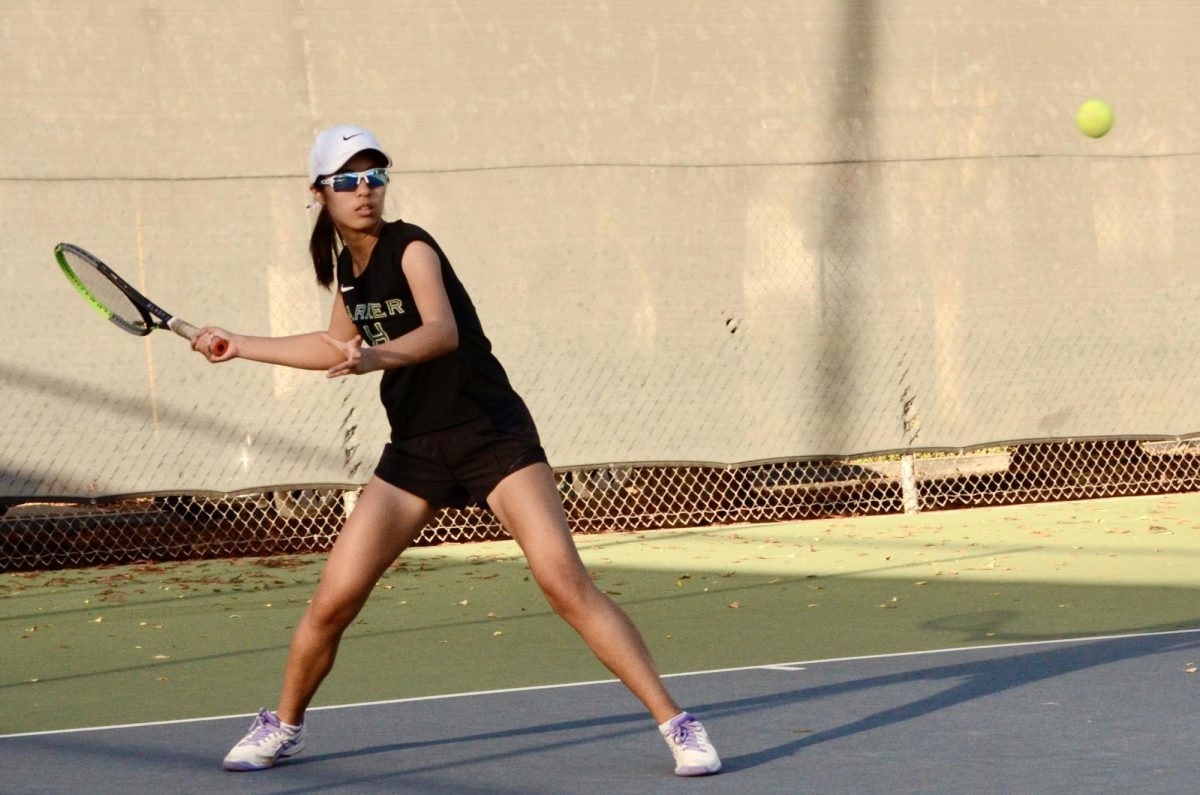
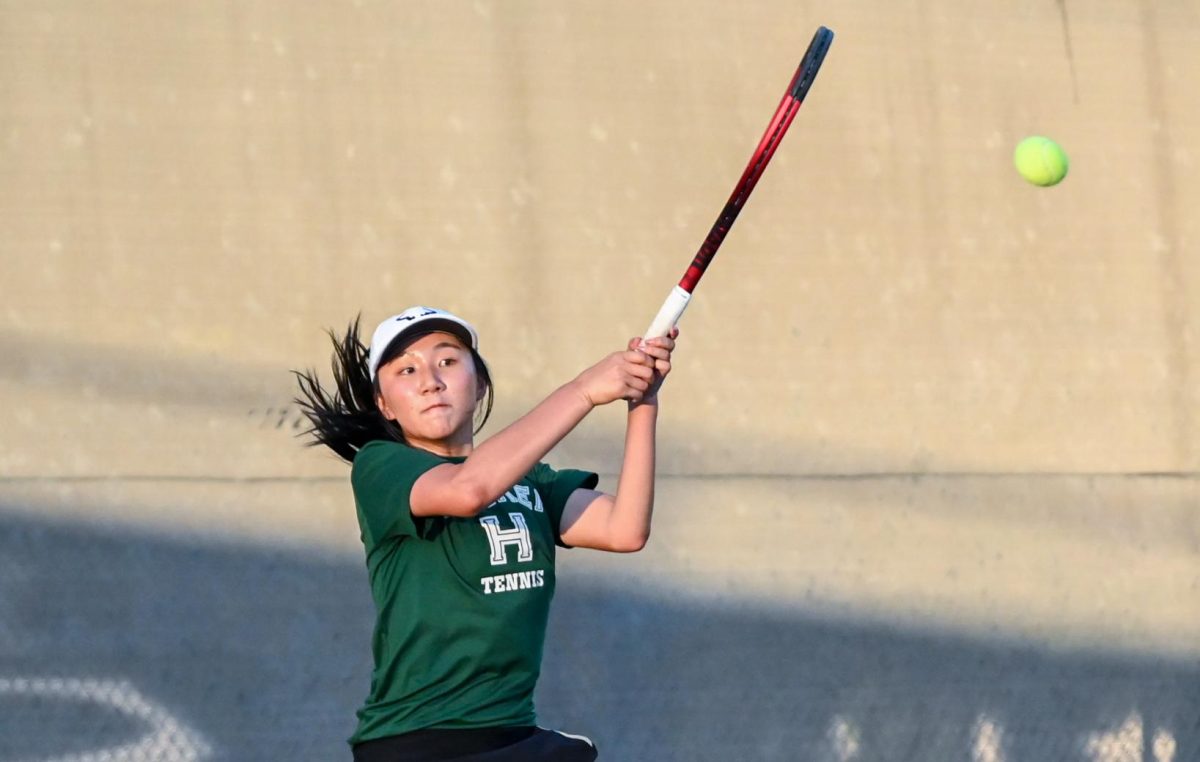
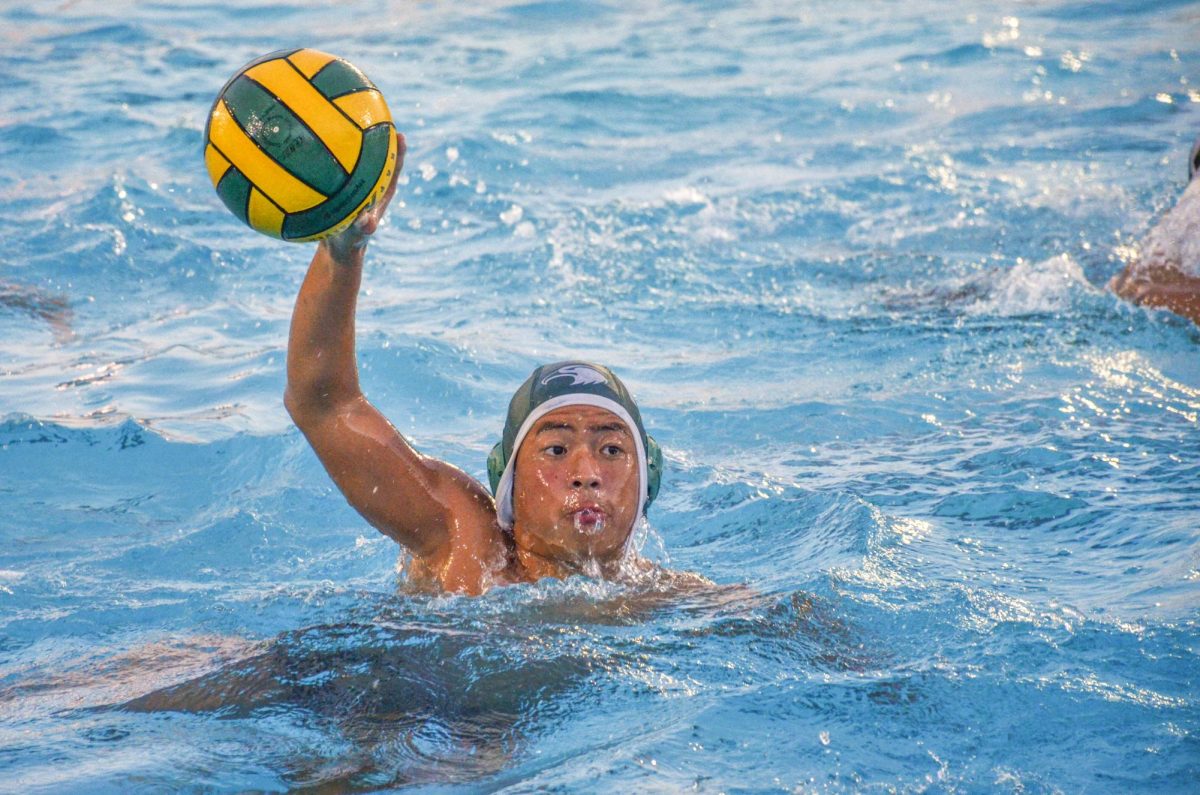
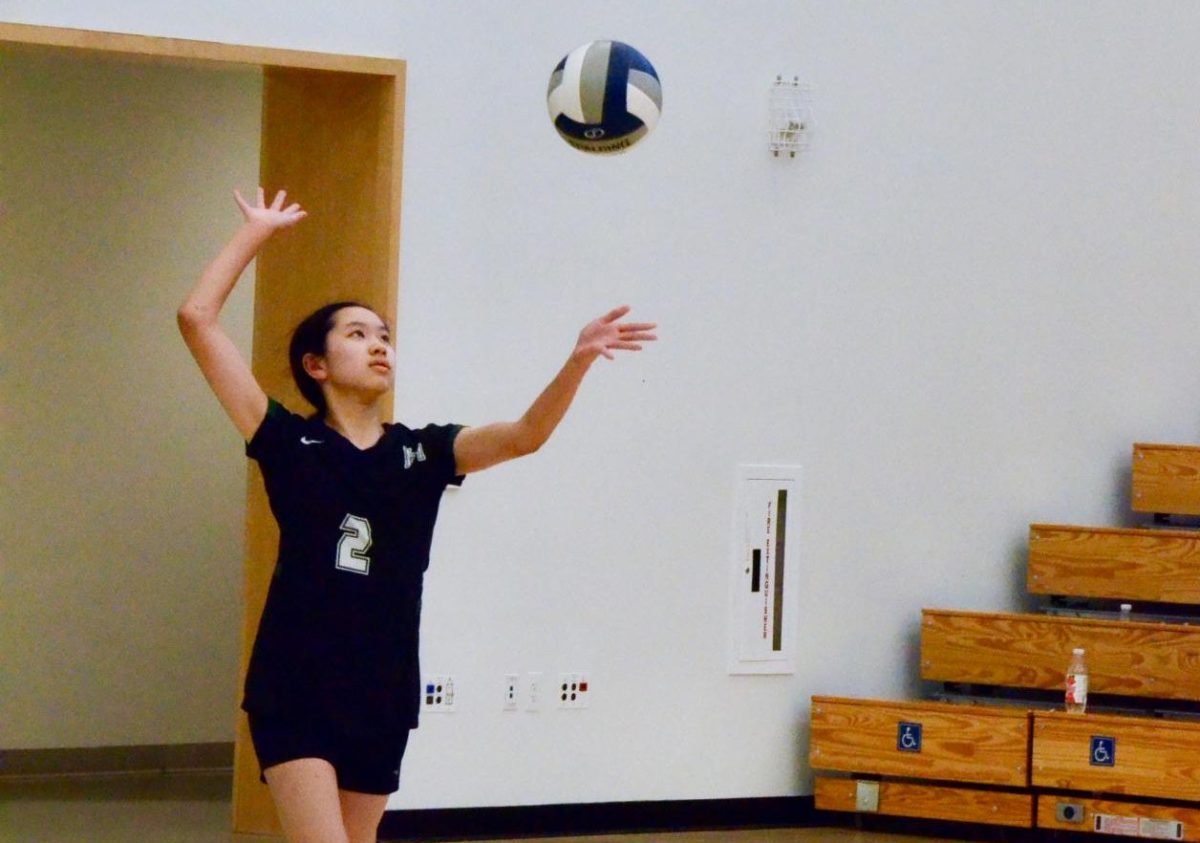
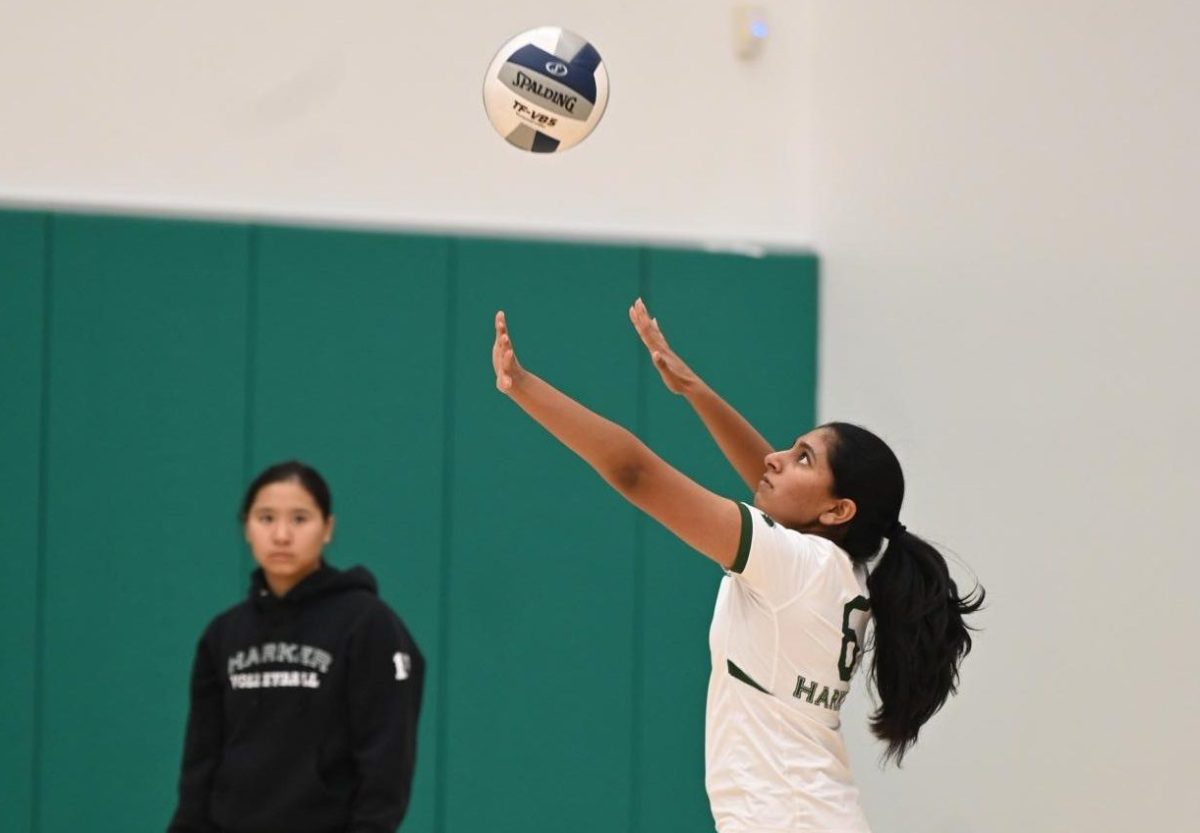
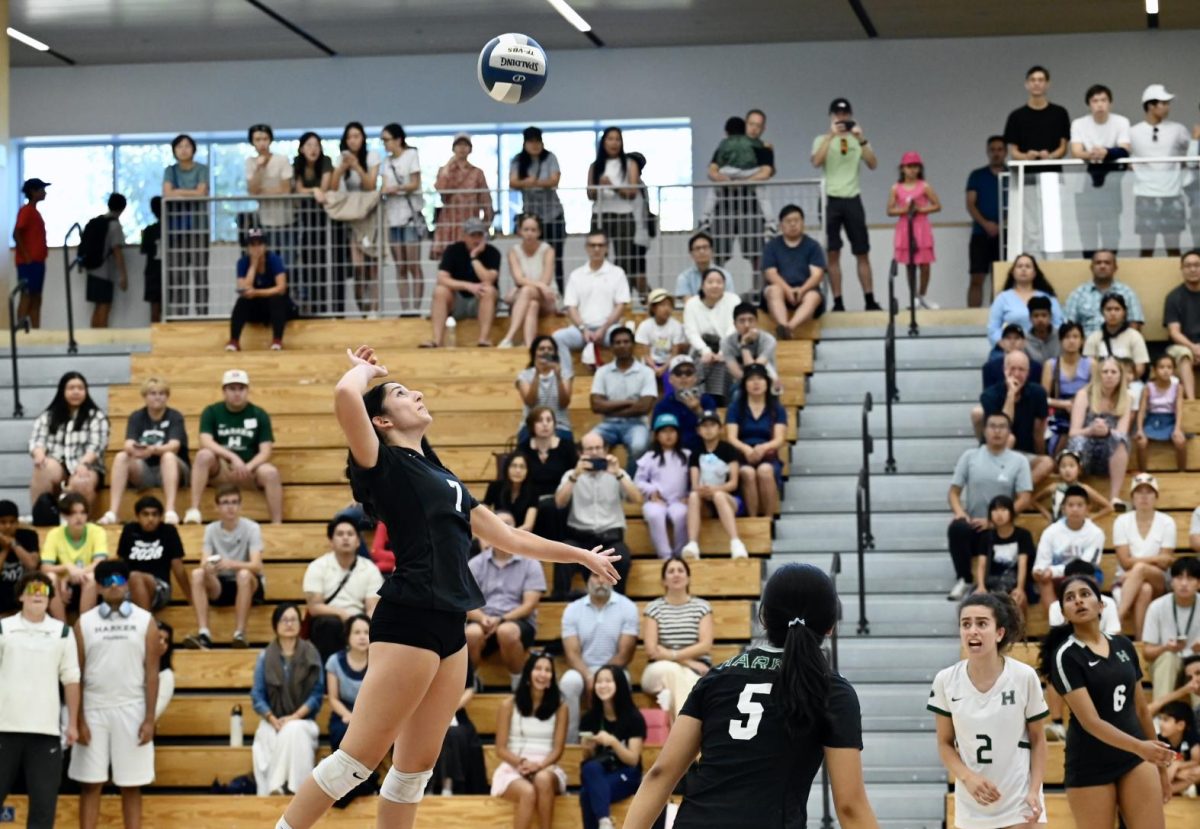










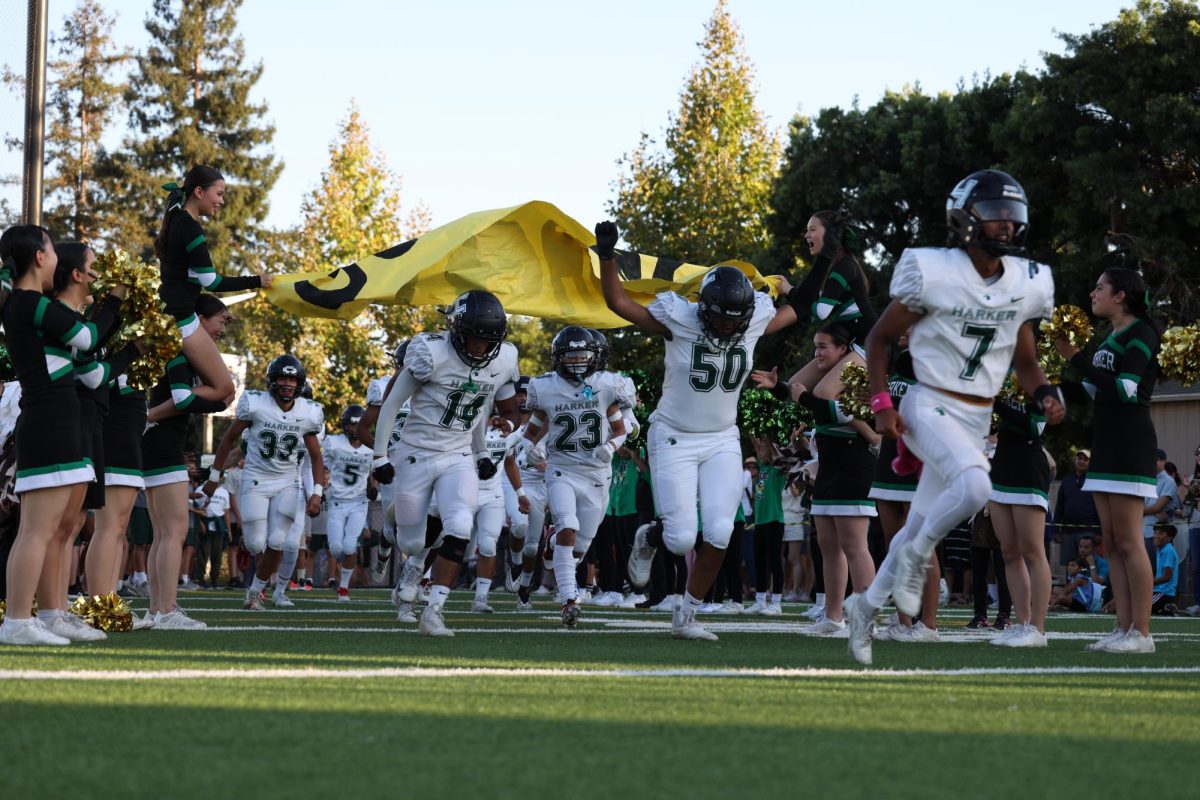















![Setter Emma Lee (9) sets the ball to the middle during the match against Pinewood on Sept. 12. “[I’m looking forward to] getting more skilled, learning more about my position and also becoming better friends with all of my teammates," Emma said.](https://harkeraquila.com/wp-content/uploads/2023/09/DSC_4917-2-1200x795.jpg)








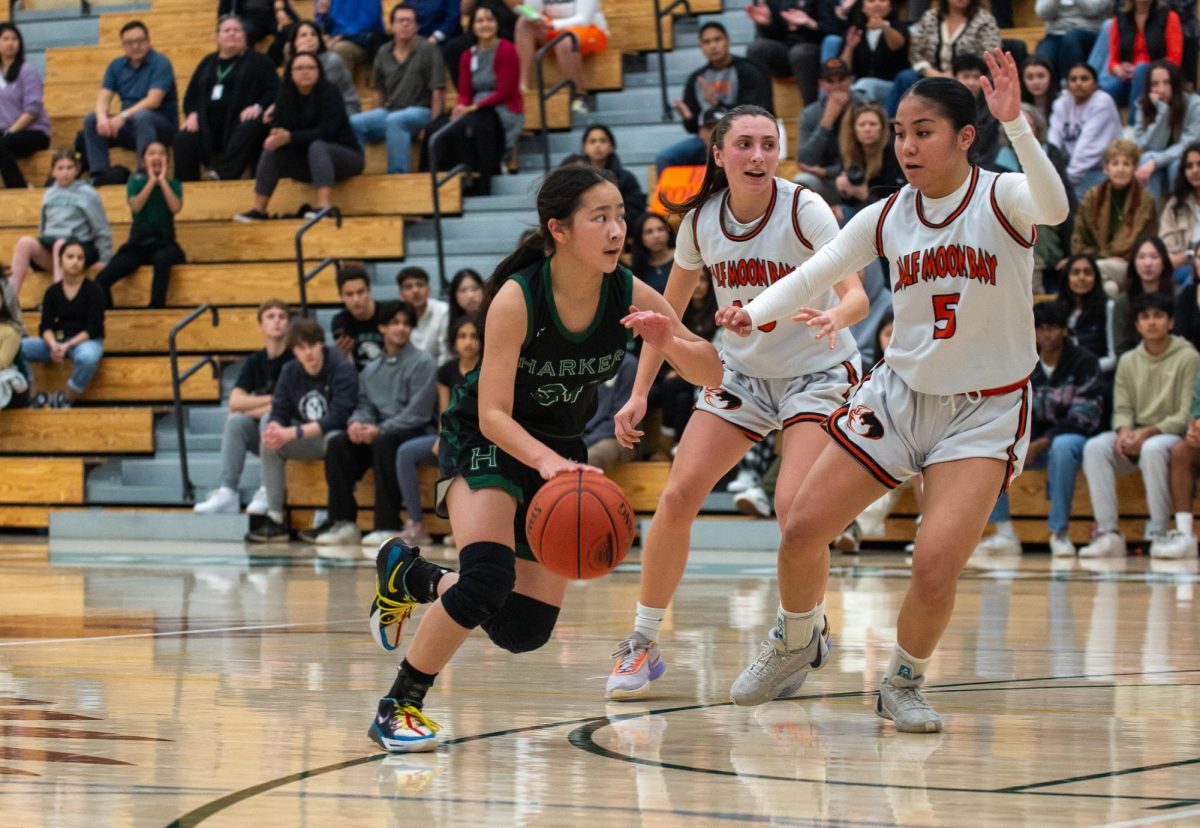
























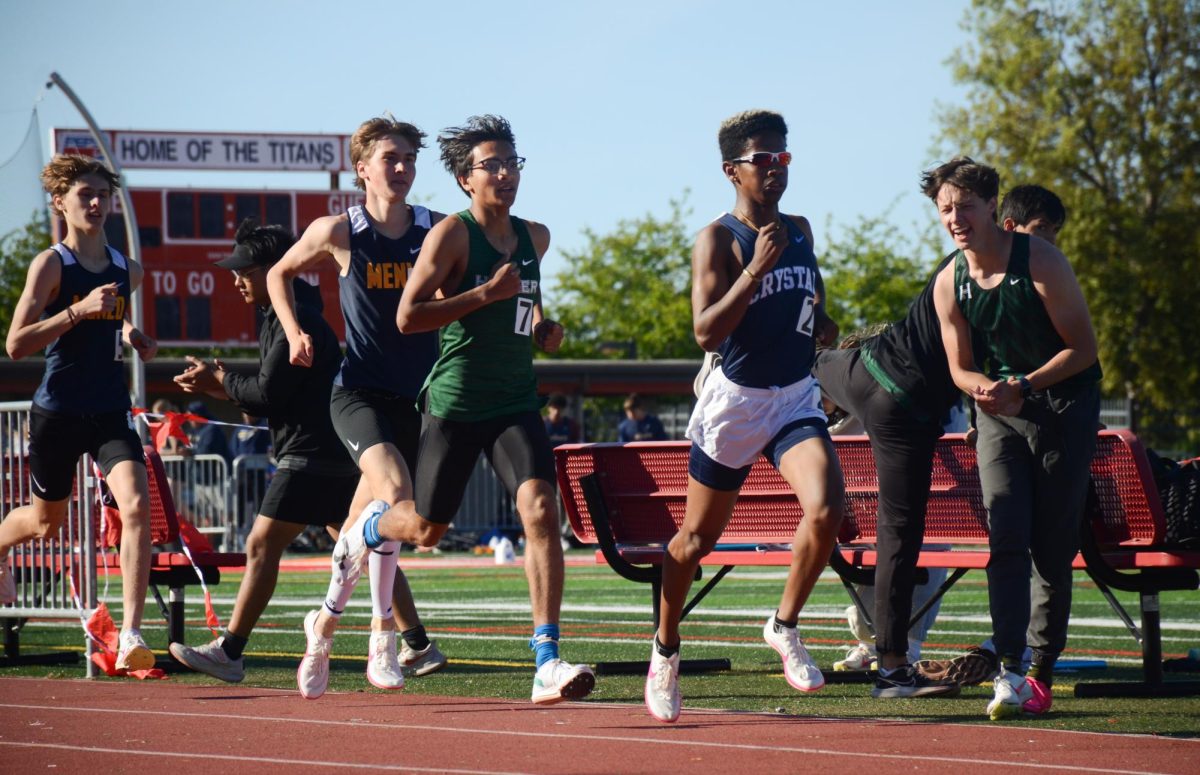
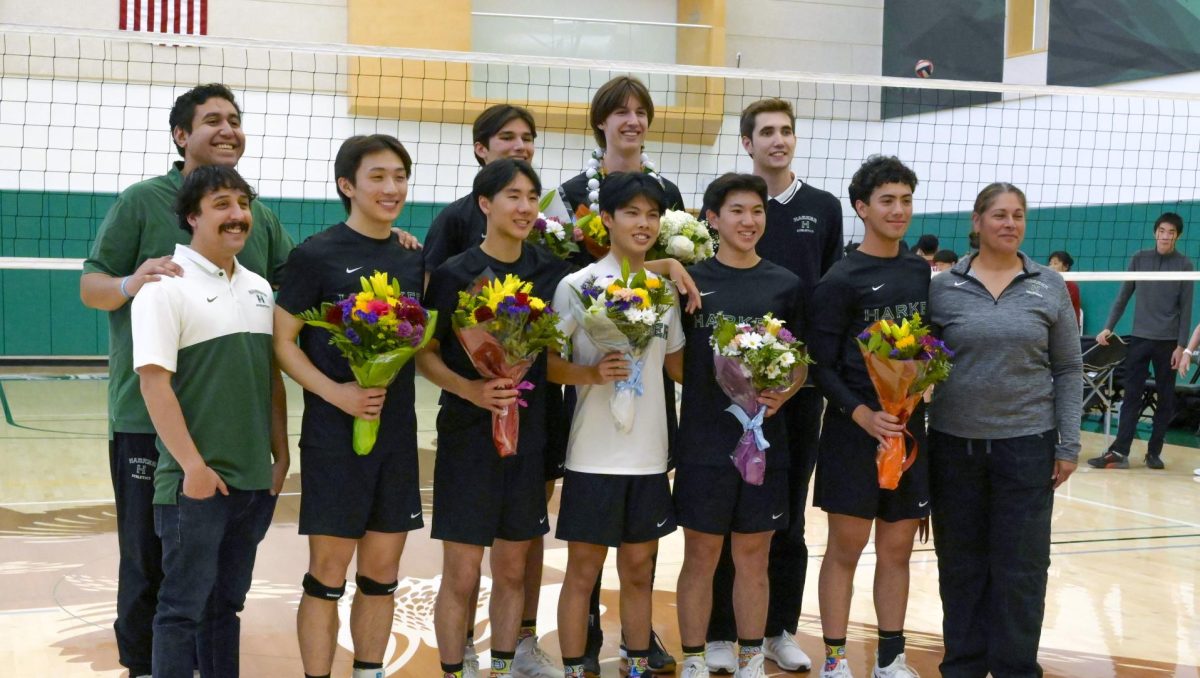
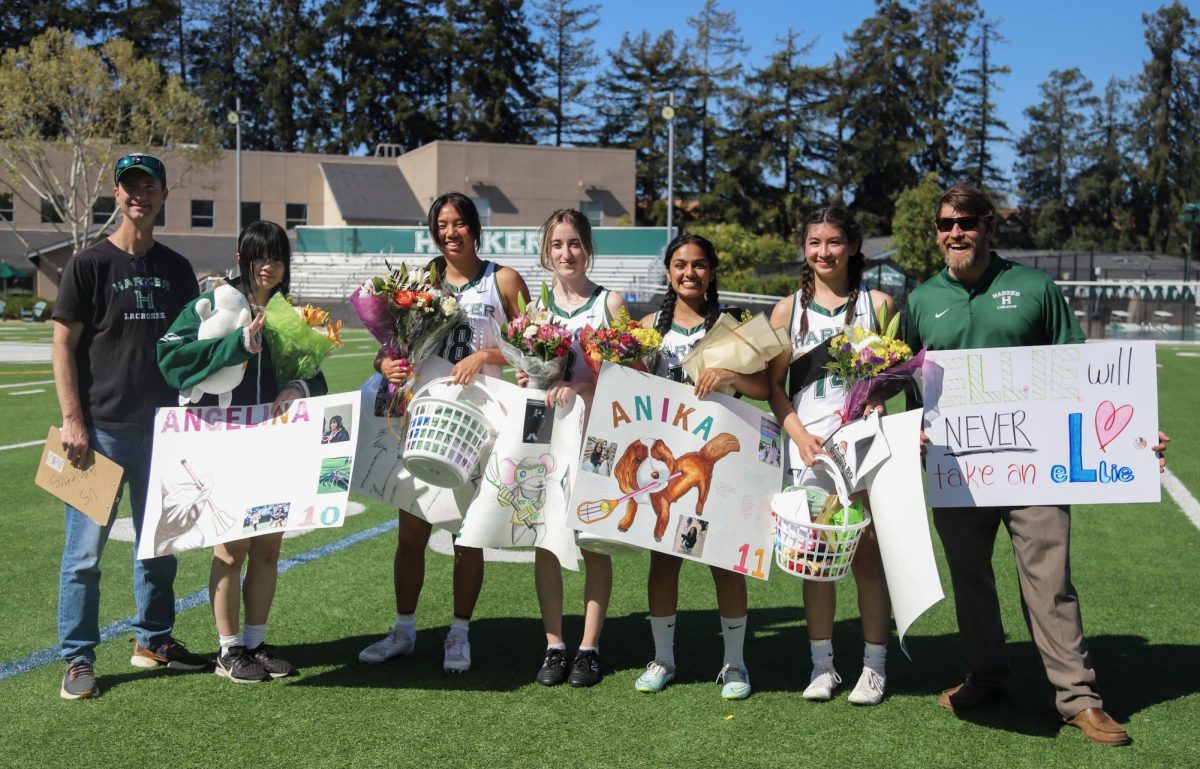
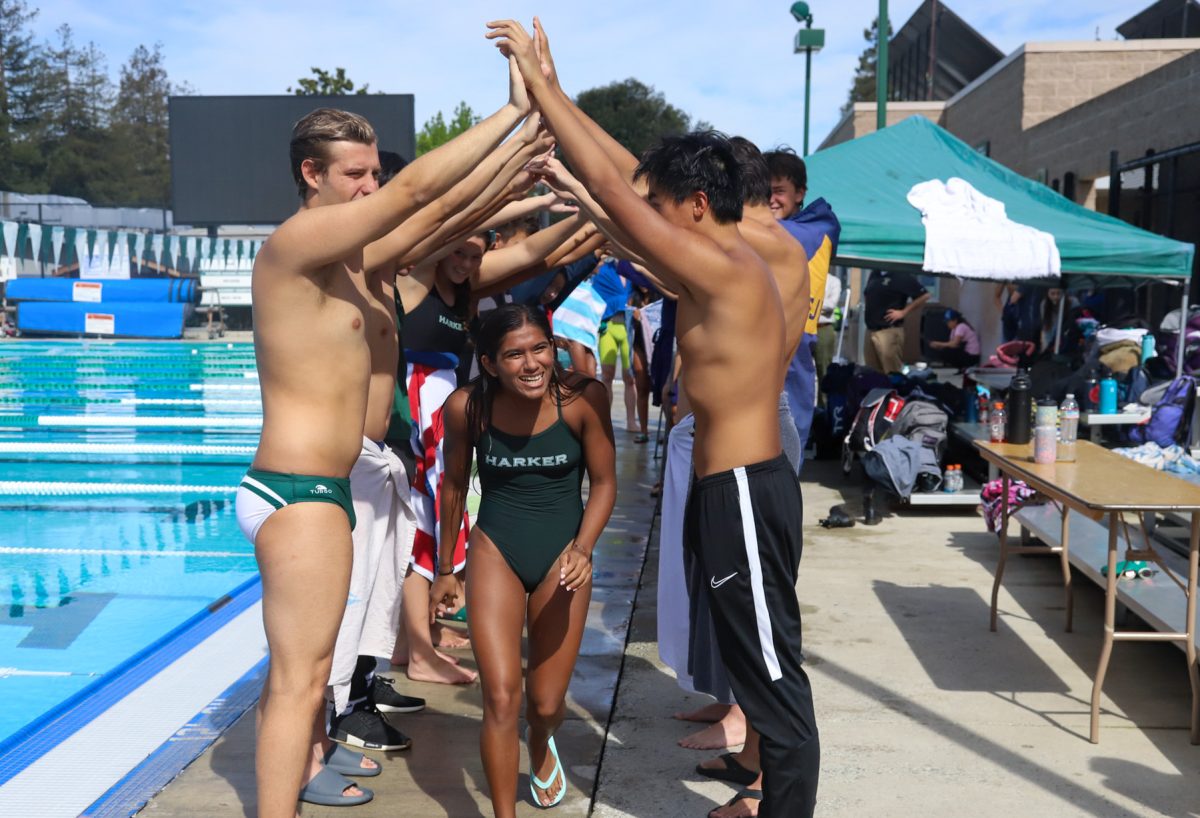
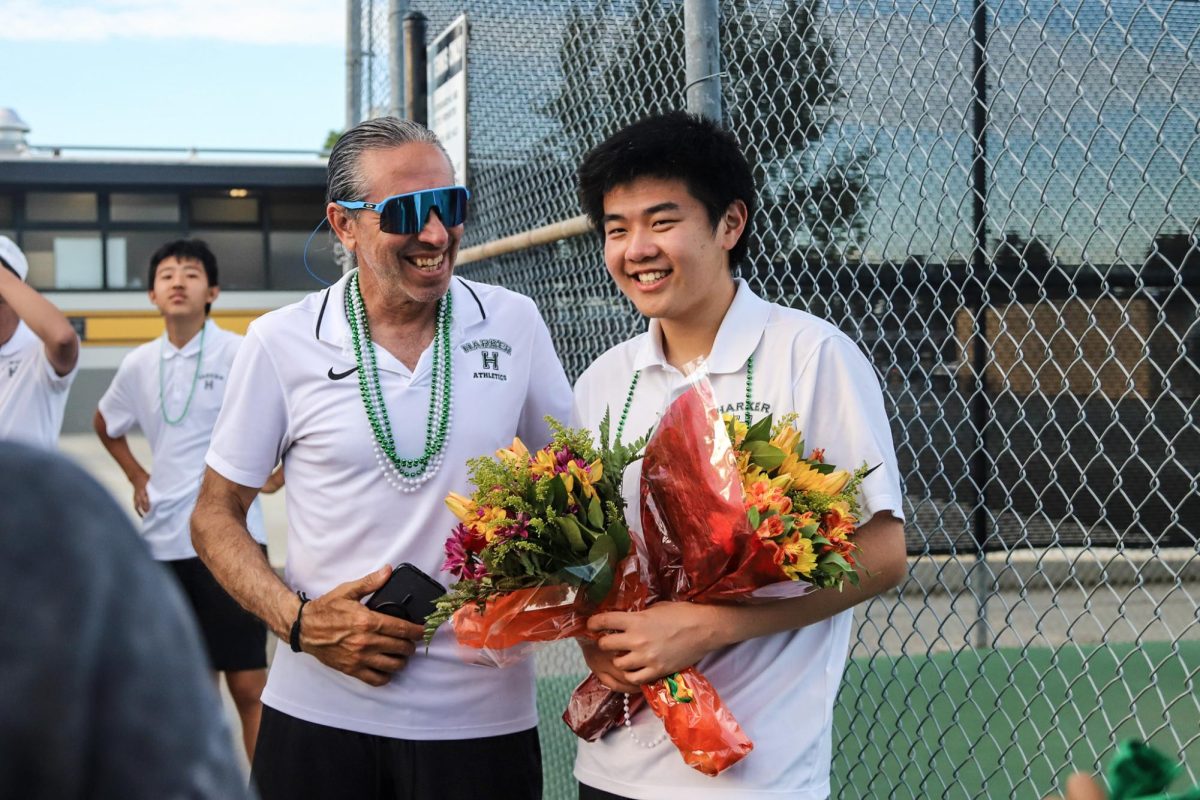



























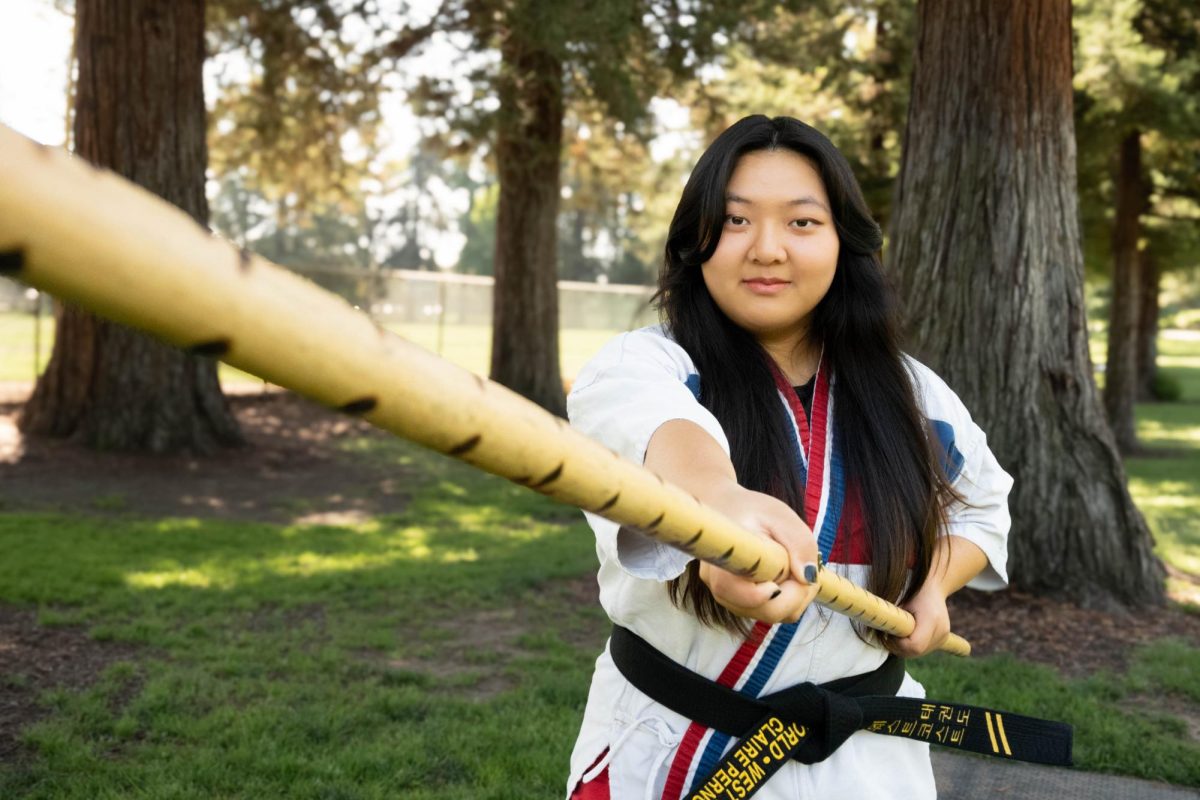
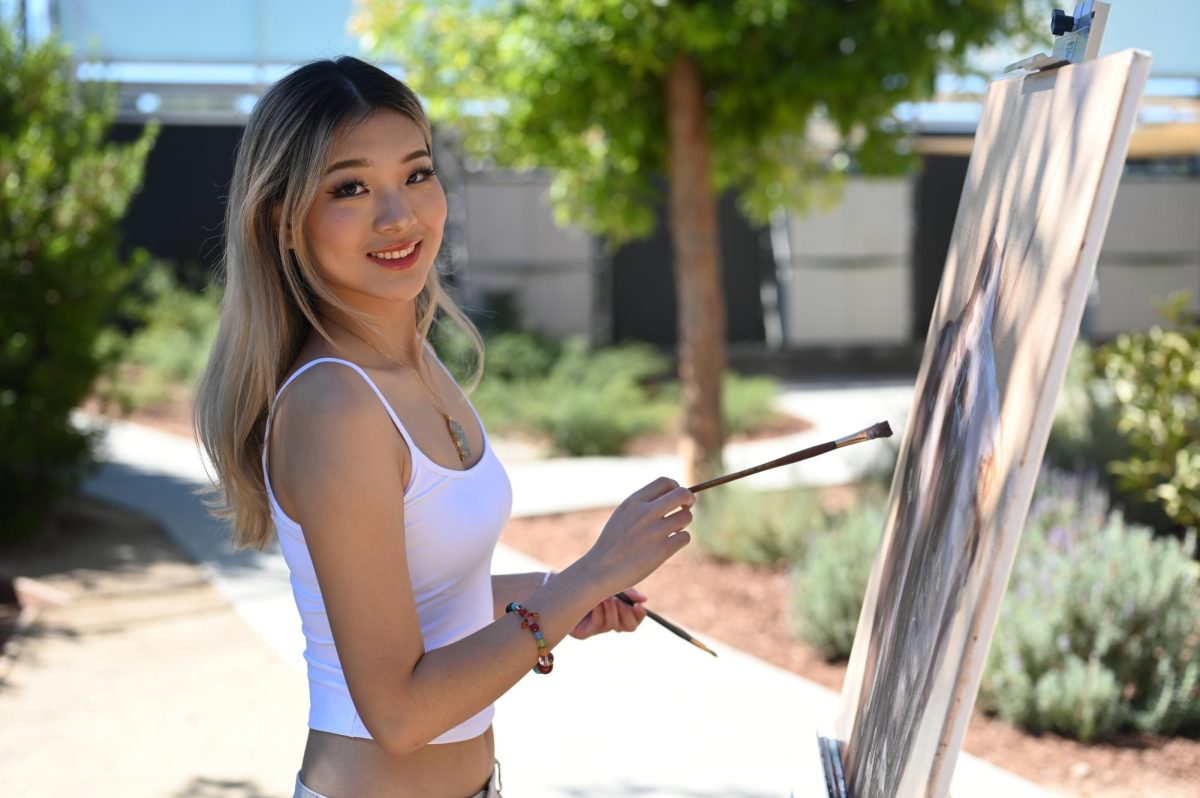
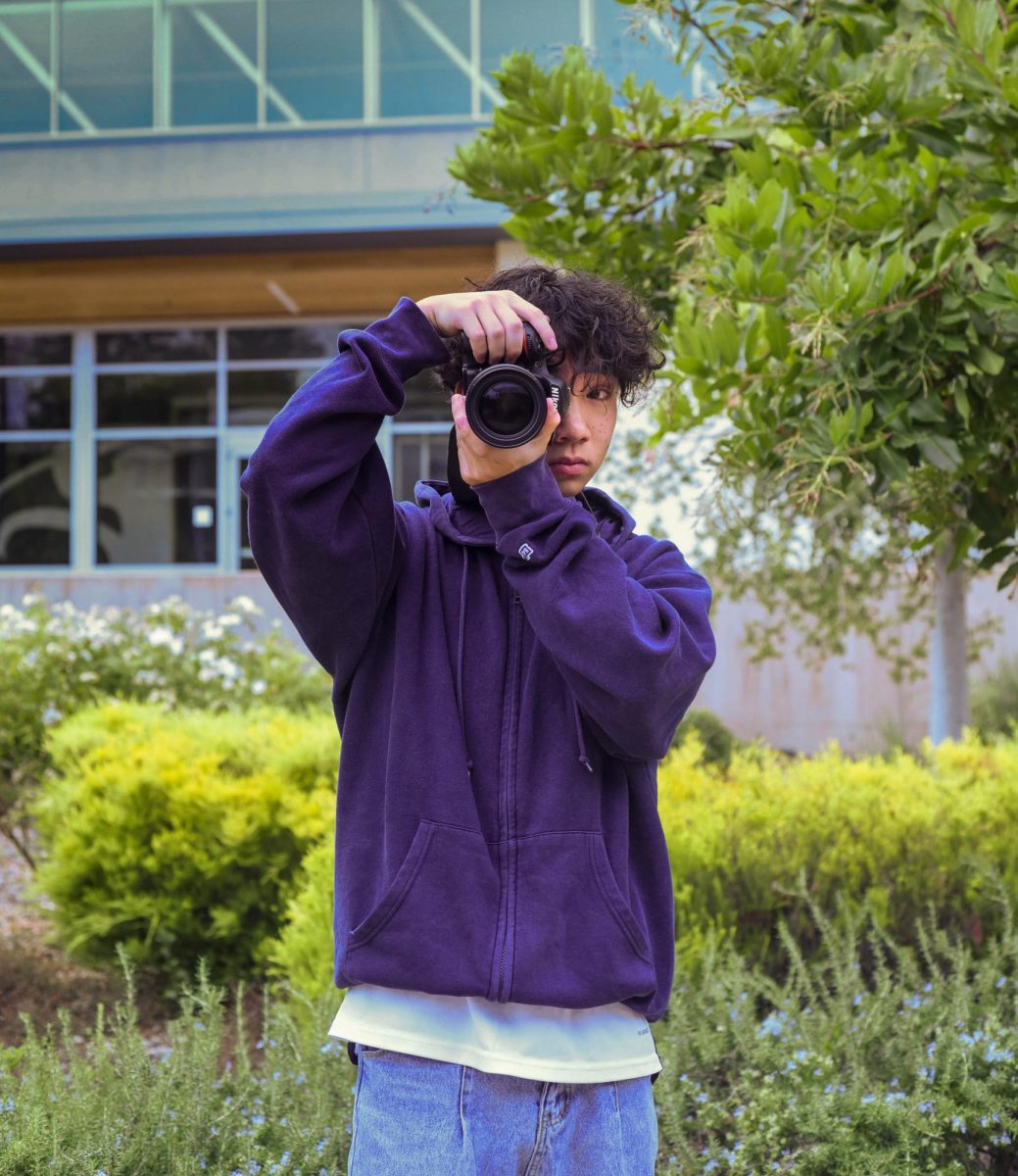
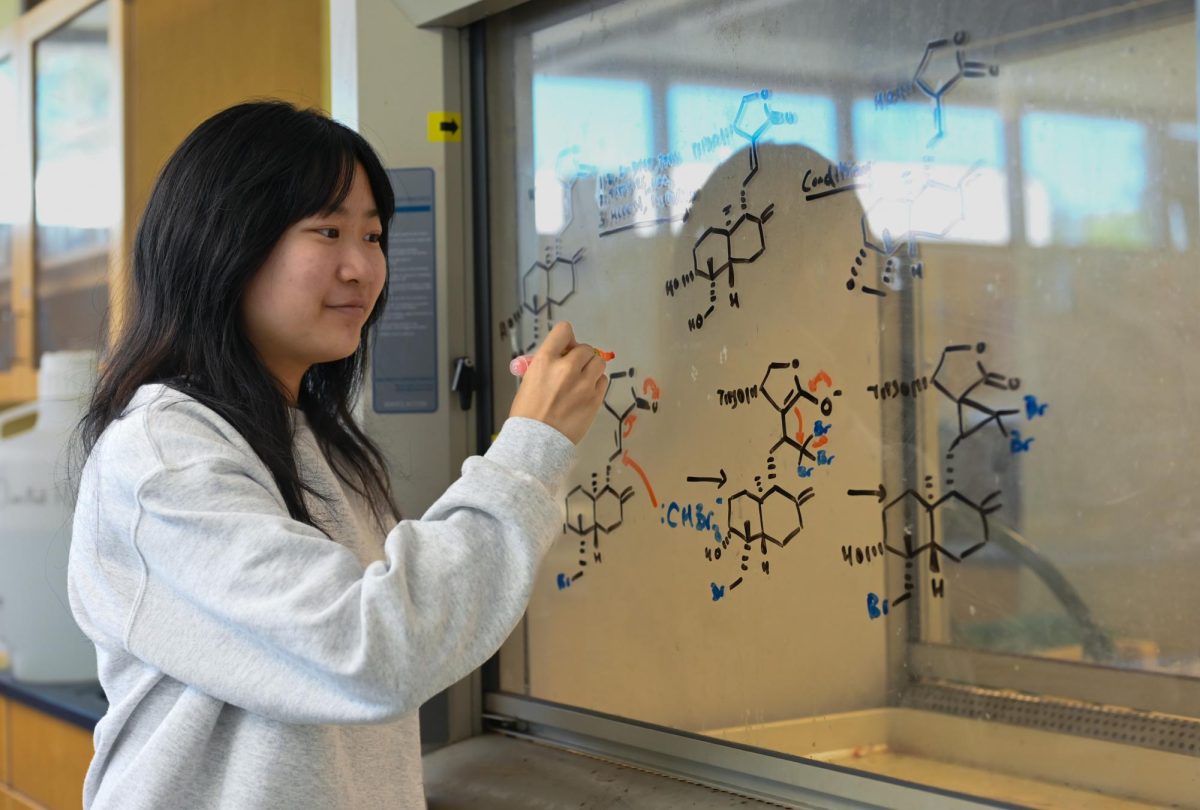





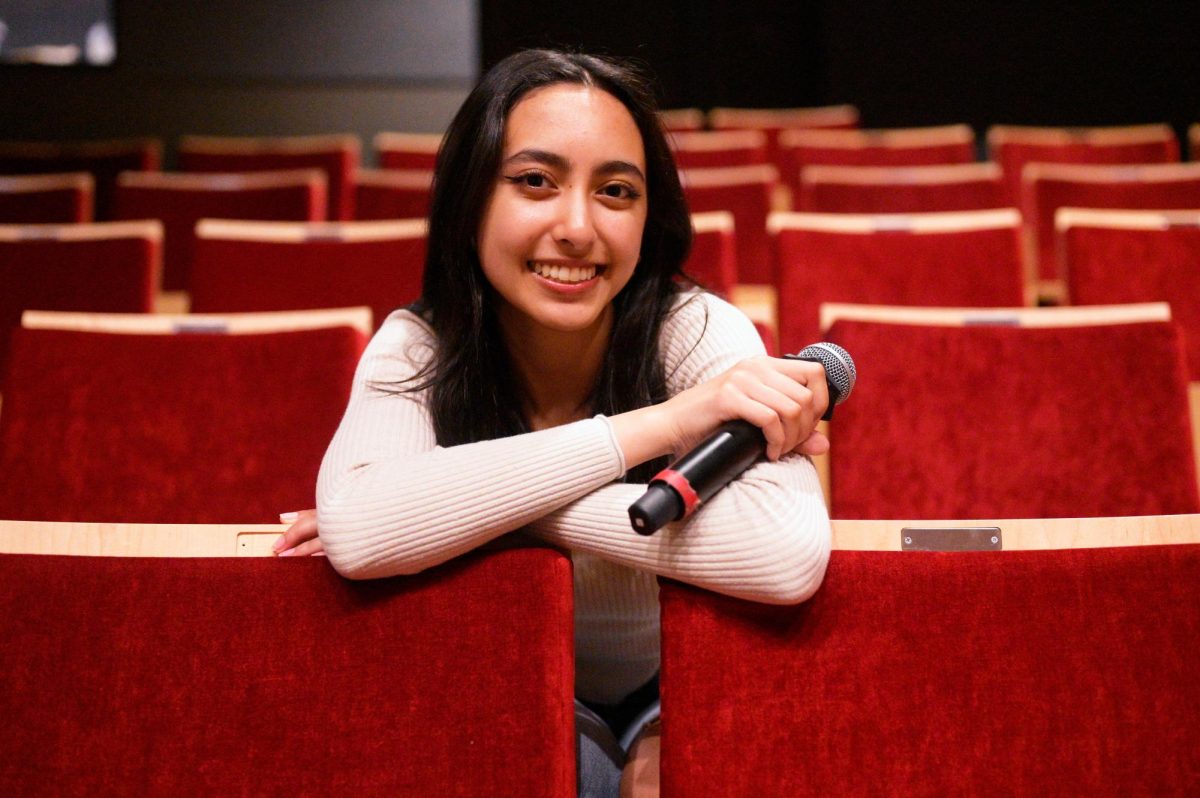








![“[Building nerf blasters] became this outlet of creativity for me that hasn't been matched by anything else. The process [of] making a build complete to your desire is such a painstakingly difficult process, but I've had to learn from [the skills needed from] soldering to proper painting. There's so many different options for everything, if you think about it, it exists. The best part is [that] if it doesn't exist, you can build it yourself," Ishaan Parate said.](https://harkeraquila.com/wp-content/uploads/2022/08/DSC_8149-900x604.jpg)


![“Animation just clicked in a way. I had been interested in art, but that felt different. [Animation] felt like it had something behind it, whereas previous things felt surface level. I wasn't making that crazy of things, but just the process of doing it was much more enjoyable," Carter Chadwick ('22) said.](https://harkeraquila.com/wp-content/uploads/2022/08/Screen-Shot-2022-08-16-at-9.44.08-AM-900x598.png)


![“When I came into high school, I was ready to be a follower. But DECA was a game changer for me. It helped me overcome my fear of public speaking, and it's played such a major role in who I've become today. To be able to successfully lead a chapter of 150 students, an officer team and be one of the upperclassmen I once really admired is something I'm [really] proud of,” Anvitha Tummala ('21) said.](https://harkeraquila.com/wp-content/uploads/2021/07/Screen-Shot-2021-07-25-at-9.50.05-AM-900x594.png)



![“[Volleyball has] taught me how to fall correctly, and another thing it taught is that you don’t have to be the best at something to be good at it. If you just hit the ball in a smart way, then it still scores points and you’re good at it. You could be a background player and still make a much bigger impact on the team than you would think,” Anya Gert (’20) said.](https://harkeraquila.com/wp-content/uploads/2020/06/AnnaGert_JinTuan_HoHPhotoEdited-600x900.jpeg)

![“I'm not nearly there yet, but [my confidence has] definitely been getting better since I was pretty shy and timid coming into Harker my freshman year. I know that there's a lot of people that are really confident in what they do, and I really admire them. Everyone's so driven and that has really pushed me to kind of try to find my own place in high school and be more confident,” Alyssa Huang (’20) said.](https://harkeraquila.com/wp-content/uploads/2020/06/AlyssaHuang_EmilyChen_HoHPhoto-900x749.jpeg)













![“My slogan is ‘slow feet, don’t eat, and I’m hungry.’ You need to run fast to get where you are–you aren't going to get those championships if you aren't fast,” Angel Cervantes (12) said. “I want to do well in school on my tests and in track and win championships for my team. I live by that, [and] I can do that anywhere: in the classroom or on the field.”](https://harkeraquila.com/wp-content/uploads/2018/06/DSC5146-900x601.jpg)

![“I think getting up in the morning and having a sense of purpose [is exciting]. I think without a certain amount of drive, life is kind of obsolete and mundane, and I think having that every single day is what makes each day unique and kind of makes life exciting,” Neymika Jain (12) said.](https://harkeraquila.com/wp-content/uploads/2017/06/Screen-Shot-2017-06-03-at-4.54.16-PM.png)





